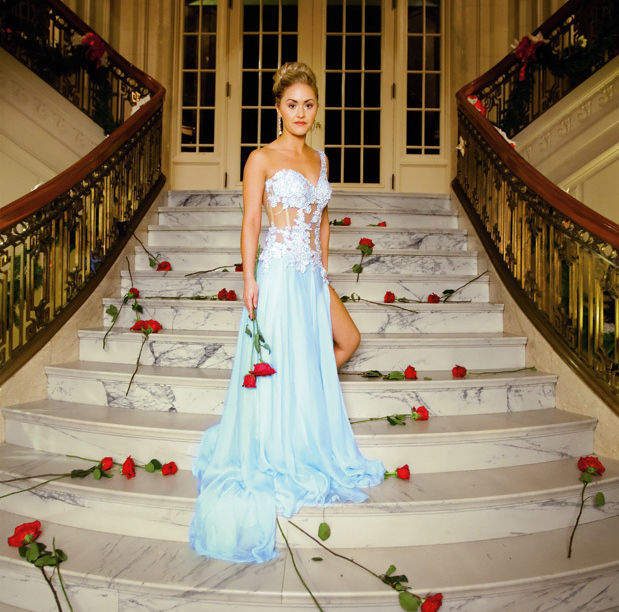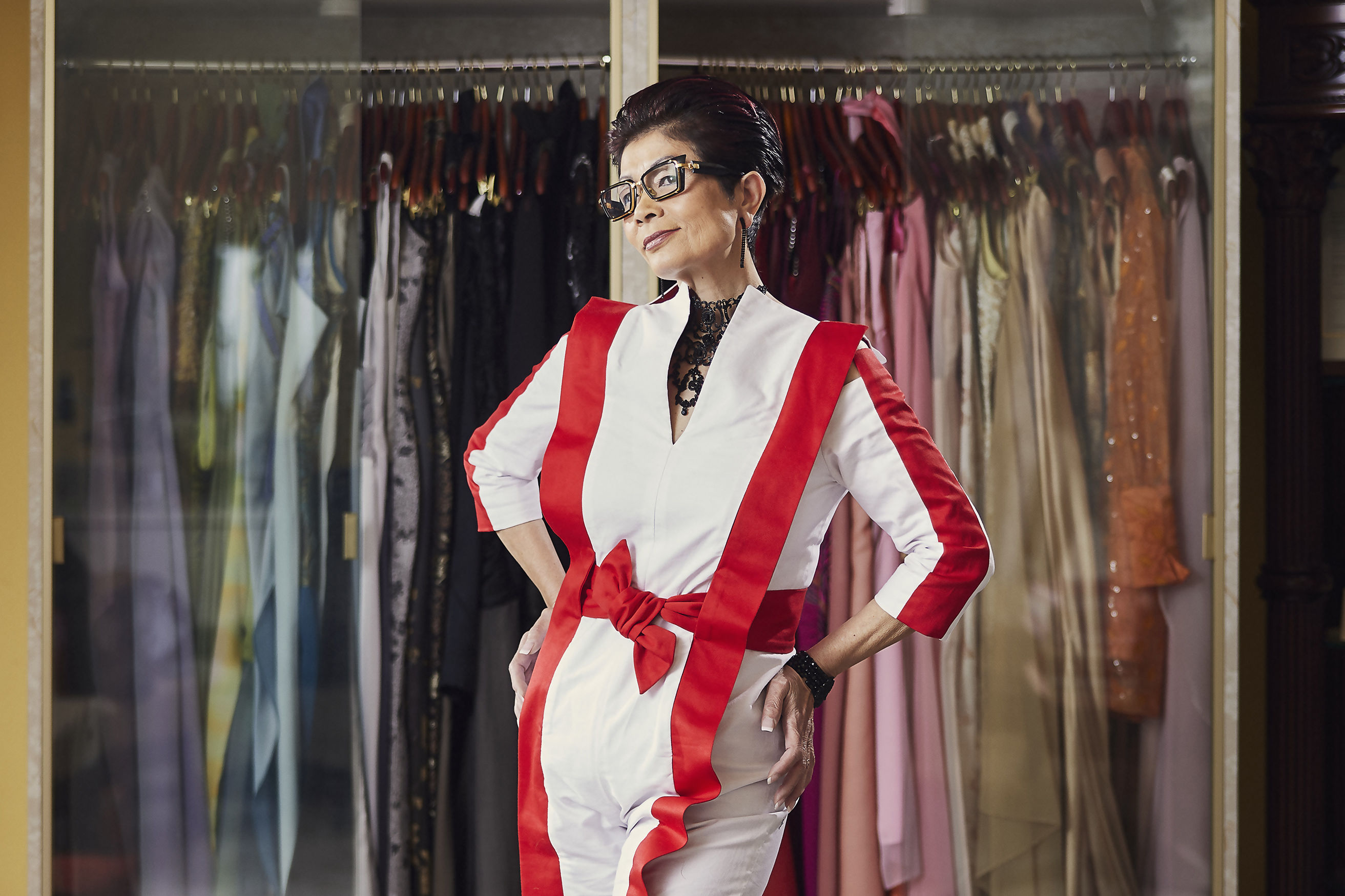The Queen

Image: Benjamin Reed
The Miss America pageant began as a swimsuit competition designed to lure tourists to Atlantic City after Labor Day. Eighty-nine years later, Stephenie Steers is crisscrossing the state to prove that her Miss Oregon 2010 crown means more than parading around in a bikini.
I was so introverted growing up; pageants were something that I could do to rebel against my personal self. I was 18, and I wasn’t even really sure if I wanted to go to college. And if I did I would have to put myself through. The first year I won $500—enough to pay for my dental-assistant’s education. From that year on, I was hooked.
When I’m on stage, I try to find people in the audience, to look for that reason why I’m up there. I don’t look at my mom until the very end. I do make eye contact with the judges. I really will think, “Choose me, pick me, see in me something great.”
Despite what I think Miss America should be—which is a confident, articulate woman who is engrossed in volunteerism—the public has an expectation that anyone in a leadership role should have a certain appearance. Look at our First Lady. She didn’t sign up for a beauty contest to be the president’s wife, but we are constantly scrutinizing her body and appearance.
The swimsuit competition makes sure the Miss America pageant has intrigue and a certain draw, so men are paying attention. And then when she opens her mouth, they can see she is a smart woman. We are trying to prove that pretty women can be smart and accomplish goals. I don’t want to be too skinny, I don’t want to be too toned, and I don’t want to be obese. There’s a fine medium for every woman. If I feel like my arms are getting too big, I work on my arms. If my tummy is getting too skinny, I have a cookie. I go back and forth so I know that I’m not distracting in a negative or a positive way.
Being Miss Oregon means being a representative of my generation. I competed in Miss Oregon four times without winning. But every year I didn’t win, I walked away having a better idea of what the job of Miss Oregon really is—there was never any doubt that I would keep trying.
There’s a saying in pageantry: don’t be a sponge, be a filter. Everyone gives you lots of advice, but you have to remember to take what works for you and leave the rest. This year, I went out there completely as me.
Usually it’s a crazy wreck backstage. If I’m ready, I go around helping girls. I love feeling a sense of endearment, and I love to take care of people; it’s my greatest gift. There’s always someone having a breakdown backstage. If I can be there, it makes me feel good. I de-stress by critiquing eyeliner or teasing hair or zipping up dresses.
I don’t think anybody could shake more than I shook in the beginning. Overall, it was a very nerve-racking experience because I was literally challenging everything that I was. But after the first pageant, I realized what I was capable of as an individual. I think growing up, women look forward to things like our wedding and our family. I realized that there was so much more to life than that. It really built up a confidence I didn’t know I had and created dreams I didn’t know I had the right to want.




